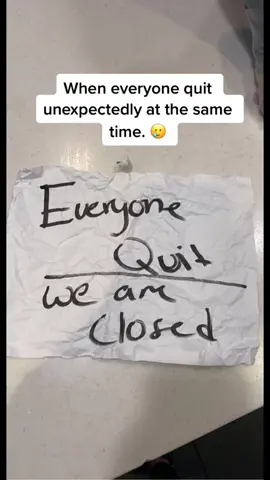💔عاشقه الصمت 💔
Region: IQ
Monday 06 October 2025 14:14:32 GMT
50572
2586
153
470
Music
Download
Comments
جنات🦋 :
بلا زحمه هاي شسمه الجامعه منو يعرف جامعة الصفوه بكربلاء زينه لو لا اريد اقدم عليه
2025-11-13 05:53:15
3
مالك حسين8121 :
هذا وين لمكان ♥
2025-10-06 15:20:15
3
ابن بابل Ali Ali :
ربي يحفضج أن شاء الله
2025-11-15 19:25:17
1
شفيعي علي :
نورتي وردة
2025-10-07 02:57:17
2
هِآشّـمِـ نٌآيّفُ :
خطوات معدله
2025-11-12 18:13:40
1
بنت بابل ❤🌺 :
تقبل الله الزيارة حبيبتي انتي
2025-11-10 17:42:18
3
🇮🇶 ⚔️ أبن العراق⚔️🇮🇶 :
مساء الورد
2025-10-07 18:58:17
2
الجبوري :
المعدله
2025-10-16 10:54:41
2
باقر العراقي :
صباح الورد
2025-11-15 04:00:55
1
ابو يزن :
ربي يحفظج ويطول عمرج بجاه ام البنين
2025-10-07 12:53:13
2
رحال710 :
ماشاء الله ع الجمال و الاناقة فديت
2025-10-06 23:49:40
3
عـــــلــــي الــــطــــائــي :
ربي يحفظكم بحق الامام الحسين
2025-10-06 14:17:04
2
لرحيل ياعلي :
هاي بابل مو
2025-11-14 08:47:07
2
هيثم الجزائري الكربلائي :
ربي يحفظكم ويسعدكم منوره مدينة سيد الاوصياء
2025-10-06 15:18:21
2
ابو الوفه :
ذهب
2025-10-17 18:45:51
2
mofaq albably :
الله جميل 😌😌😳
2025-11-07 22:16:51
2
عٌآشُقُ آلَضلَآمً يَروٌحًيَ ❤ :
نورتي المنشور بحضورج الراقي ورده 🌹🌹🌹🌹🌹
2025-10-07 05:56:38
2
brioosqerrr :
زيارة مقبولة
2025-11-13 16:53:08
2
:لم نخلق للتكرار وجودنا نادر :
:بريلي الذمه اخذت الفديو 🩷
2025-11-14 10:29:22
2
ابو احمد الكربلائي :
ربي يحفظكم
2025-11-10 06:58:19
1
عقيل العراقي :
صباح الورد
2025-11-12 01:09:06
2
مالك حسين8121 :
جمعة مباركة عليكم
2025-11-14 08:17:06
2
مَنِــــتظر313 :
كلك ذووووق ❤️
2025-11-11 18:54:12
2
🇮🇶🤍شـــيعـيه!فــتـخـر🤍🇮🇶 :
2025-11-14 16:48:14
1
عابرون ودنيا ليست لنا :
بعد كلبي الغالية ربي يحفظج ويسلمج
2025-11-05 07:54:48
2
To see more videos from user @lzh_2i, please go to the Tikwm
homepage.





